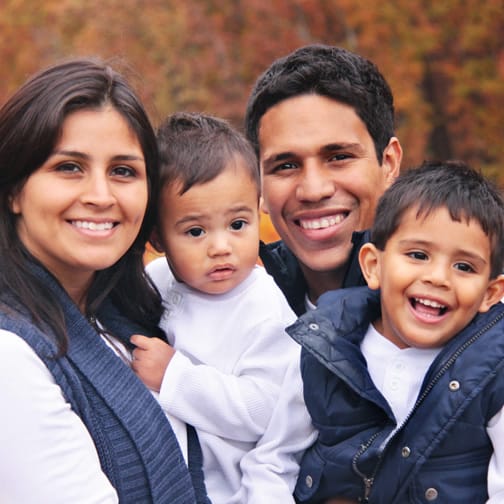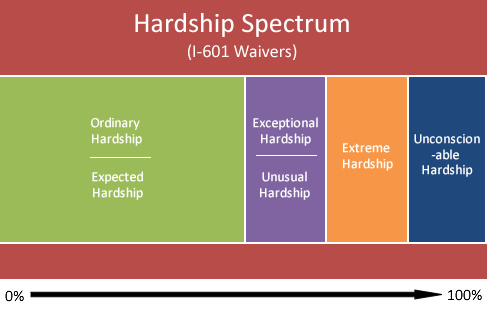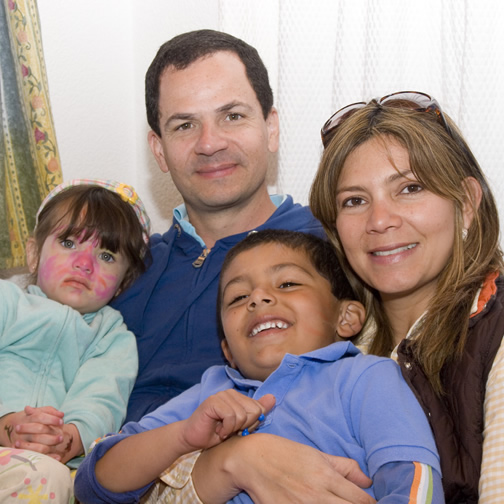
Want to know the big secret to winning I-601 waiver cases?
I learned it early in my career at a seminar for new attorneys. A judge, running the course, gave me a piece of advice that guides me to this day. It’s proven crucial in countless trials and appeals with immigration courts and agencies.
The advice, though simple, was profound.
Good lawyers, said the judge, prepare in advance. They know their evidence before their hearings start. They maximize their clients’ chances of success.

If at first you don’t succeed, I was taught by my mother, try and try again.
This attitude is one of the most important mindsets for many U.S. spouses trying to help immigrate their spouses born in another country.
Especially those who need to win a hardship waiver to remain together as a family.
I’ve seen far too many couples set out thinking the green card process is simple, only to find themselves facing separation from each other for 3 years, 10 years, and longer.
Giving up is not an option.

To say that I was puzzled when I initially viewed the new USCIS policy guide on proving hardship for I-601 waivers is to understate my reaction.
It wasn’t based on the law.
Several months ago, when USCIS announced its intention to create hardship waiver guidelines, I went on record that I did not perceive any major additions or substantive changes forthcoming. After closer review of the new guidelines, my position remains unchanged.
On the contrary, I feared some of the proposed language could make it tougher to win hardship waivers.

Certain immigration inquiries happen too often.
Immigrants, not being fully informed, put their trust in programs with risks they do not suspect.
Like the I-601 waiver process.
A few days ago, a woman in early 30s visited my office to find out if I could help her husband.
She explained that he traveled to his home country for a green card interview, but he was not allowed to return to the United States. Despite a notario’s assurances to the contrary, her husband’s request for an I-601 waiver had been denied.
When I asked what her husband told her, she said he could not prove enough hardship. She did not know what that really meant.
Neither did I.

The proposed I-601 changes do not go far enough.
In early January, the administration announced plans to modify the unlawful presence waiver process. The dreams of many immigrants soared.
I was cautiously optimistic, having been through several ups and downs with the Obama administration on immigration reform.

I am not ready to jump on the I-601 bandwagon.
I am not against streamlining the permanent residency application process.
I am not against promoting family unity.
I am not against revamping the unlawful presence bars.
Rather, I am opposed to the premature applause for the current I-601 proposal.










